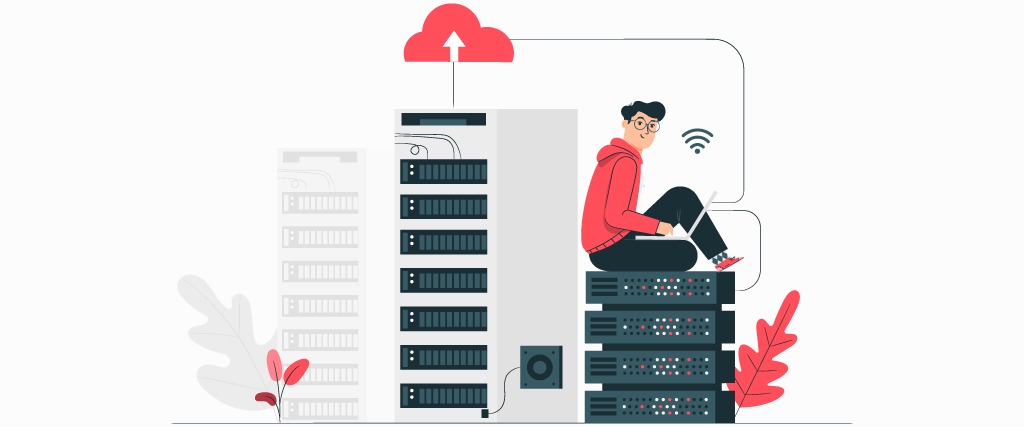The top 15 most popular databases to use in 2023

Most Popular Databases: Digital transformation has enabled companies to produce information at every touchpoint, whether they are a tiny business or a large conglomerate. A database is required by any firm, regardless of size, to organize and store its key data. To provide such a service, database management system software comes to the rescue. A database can be compared to an office space where all of the vital data and reports are stored. We must use extreme caution when accessing the database's contents because the information stored there is extremely sensitive. The old SQL list of popular databases is currently being augmented by numerous NoSQL, NewSQL, and Cloud databases. Thanks to the advent of Microservices, Cloud, Distributed Apps, Semi-Structured Data, other technologies include Big Data, Low Latency Data. Based on the extensive use and popularity of many types of databases in responsive web development applications. Below is some information on the best database for 2022 or next year:
In the year 2022, which database is the best?
1. The Oracle
Built-in assembly languages such as C, C++, and Java make Oracle the most extensively used commercial relational database management system. The most recent version of this database, 21c, has a number of enhancements. The database management system Oracle is the most popular. It is the most extensively used database management system for relational databases. It saves space and processes data more quickly, and it incorporates various new functions, such as JSON from SQL.2. MySQL
MySQL is one of the most widely used databases in the computing industry in 2021, particularly in web application development. The database's key goals are stability, robustness, and maturity. There are several editions of the greatest SQL database, each with its own set of features.
3. Microsoft SQL Server
Microsoft provides outstanding toolset support for one of the leading database technologies, both on-premises and in the cloud. It works comfortably on Linux and Windows. MS SQL, supports Structured Data (SQL), Semi-Structured Data (JSON), and Spatial Data. It is not as innovative as other modern databases, but it has undergone significant updates over time.4. PostgreSQL
POSTGRES was the initial name of the database. Michael was also honored with the Turing Award for his contributions to PostgreSQL, a C-based database management system used by businesses that deal with large amounts of data.5. MongoDB
There are a few things to consider when it comes to the most popular databases to utilize in 2021 using a NoSQL database. MongoDB is an open-source document database management system that was first released in 2009.6. IBM DB2
IBM also made DB2 LUW available for Windows, Linux, and Unix. DB2 11.5, the most recent release, enhances query execution speed. A vast number of databases for mobile apps, which have grown dramatically in recent years, support the relational paradigm.
7. Redis
It's an open-source database that's well-known. Redis is the most popular database platform, according to the Stack Overflow Annual Developer Survey. It can be used as a distributed key-value database that runs in memory.
8. Elasticsearch
Shay Banon originally released Elasticsearch, an open-source full-text search engine based on Lucene, in 2010. It's a full-text search engine with a REST API and distributed multi-tenant functionality.9. Cassandra
It's a popular database for a 2008 app. It's a distributed, open-source database with a large number of columns. This is a scalable database management system that is commonly used in enterprises to manage big amounts of data.10. MariaDB
It's a MySQL client and protocol-based relational database management system. With a massively parallel distributed data architecture, this management system delivers columnar storage. MariaDB is a community-driven database, as opposed to MySQL.11. OrientDB
OrientDB is an open-source NoSQL multi-model database program that enables businesses to benefit from the benefits of graph database management software without having to build several systems to handle various data types.
